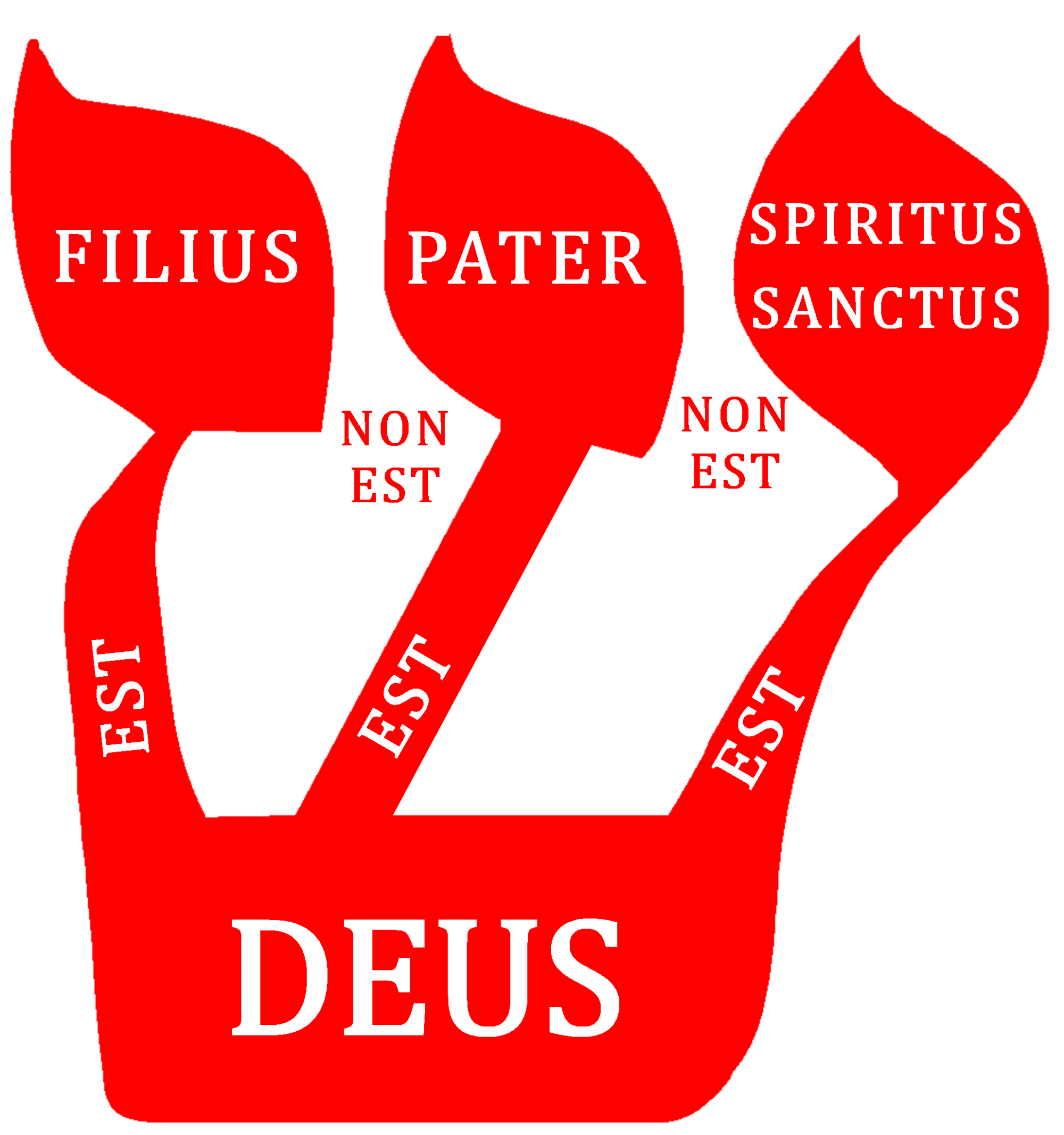Sometimes a blog is inspired, gestates and finally comes to birth because a blogger got annoyed. This is one of those times.
The other day a university lecturer was addressing folk training towards Ordination. She’s an ordained minister herself in a non-Anglican church*. She asserted one needs to work out whether ordination (A) makes an ontological difference to the person ordained, or if it is (B) a ceremonial recognition of, essentially, a job. She then compounded this by saying, admittedly playfully, we need to decide if there is ‘magic’ done at the ceremony which changes the ordinand.
We can see where she is coming from. No matter. What concerns me the most is not her opinion, option B, ‘job’, but rather the method of framing the choice at all. Oh, and the magic.
Let’s deal with the magic first.
There is no magic involved in ordination. Magic centres on the will of the magician. Ordination is concerned with the will of God. I know that from a phenomenological perspective there is little difference between religion and magic: Toby has status ‘A’, undergoes a ceremony and now has status B. This happens with ordination and with magical initiation. However, from a theological and ecclesial perspective the two are polar opposites. This is because, theologically, it is the will of God which changes the ordinand, not the will of the people. This is not convincing as it stands, just words really, but please attend to the deeper concern I have with how my lecturer framed the question.

Personhood Constantly Being Called into Trinitarian Being
From a Christian ontological perspective we are not individuals. We are persons. And as such we are not separate, atomised selves, but are in fact constantly called into being by that mystery we label as ‘God’. Moreover we are called into being in her image; that is in the self-effacing, eternal relating of the Trinity. God is not a being but is being itself. In the text book set by lecturer herself it states that we are “creatures that are ceaselessly spoken by the Creator”^. We are not fixed but are called into being every moment of every day. This is why some Christian traditions recognize the tragic end of those people who have consciously and decisively rejected this calling into being by God – as a cessation of existence, or since we are made imago dei ‘forever’, an eternal state devoid of God’s presence. Uber sad panda.
While we are all called into being by God, the Christian traditions (at least the Catholic ones) recognise that the church itself is also established and called into being by God – to do her work for all people and especially the baptised. The church is the mystical bride of Christ and embodies the work and telos of God through its ecclesial structures. See Michael Ramsay’s The Gospel and the Catholic Church and my next but last post.
As such then one of the aims of baptism is to bring the person within the church on the inner and outer levels. The person, once baptised is now also brought into being at each moment by God through her church. This is what is meant by a being a member of the Body of Christ. Baptism changes us forever – and the metaphors of an indelible mark or stamp work only to convey the timeless grace the sacrament brings. There is no form to the soul, no individual, ghostly, independent ontological entity which may receive such a mark. It is a metaphor. The ‘mark’ is the Cross, and baptism, since it brings the person into being also through the church which embodies the Cross, makes our lives cruciform.
And so for ordination. My lecturer makes the modern mistake of assuming an individuated, self-existing, autonomous soul. The Reverend Sarah Coakely, systematic theologian is quite clear: “Autonomy does not exist. It has never existed and it is a modern fallacy that it does”.
And so there is no separate ‘soul’ there for the ordination ceremony to perform its ‘magic’ upon. There is only a person who God has chosen to now bring into being, moment by moment, in a different manner than before. An ordained priest or deacon never functions alone, only as a vessel for the corporate action of the Church. As people they are not given any ‘ability’ to preside over the sacraments. That WOULD be a magical point of view.
In the sacramental role, clergy are merely the servants chosen by God and the church to empty themselves and stand in Persona Christi on behalf of the Church. This is why the priest serves only at the pleasure of the Bishop who acts on behalf of the Church. Clergy are still brought into being within the church as the baptised, as the Laos, but are now also brought into being for a corporate purpose, of God, embodied in her church. Without the church they cannot perform their priestly role, and this is one of the reasons why in Anglican tradition the Eucharist cannot be performed alone, but always with the people.
Ordination is not magic, and it is certainly not a job. What a choice! And we will misunderstand it completely without understanding the radical nature of personhood Christianity teaches – that we are members of one another, in Christ. ‘Nuff said. Thanks. 🙂
* Yes, this is an attempt to create a new Anglican hegemony 🙂
^ McIntosh, Mark A. Divine Teaching. p.25.
